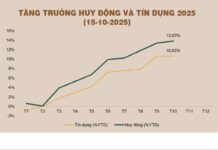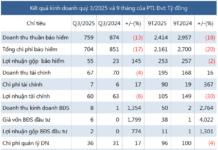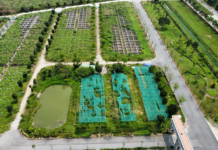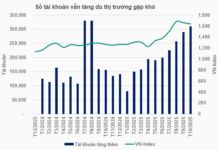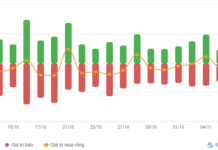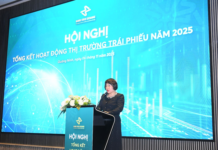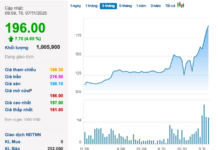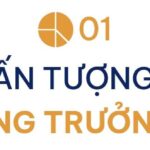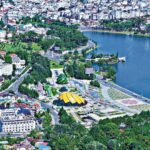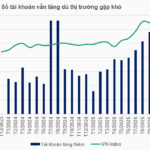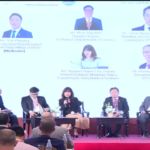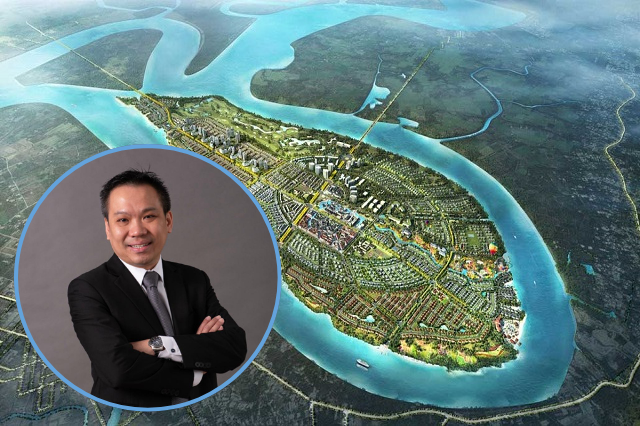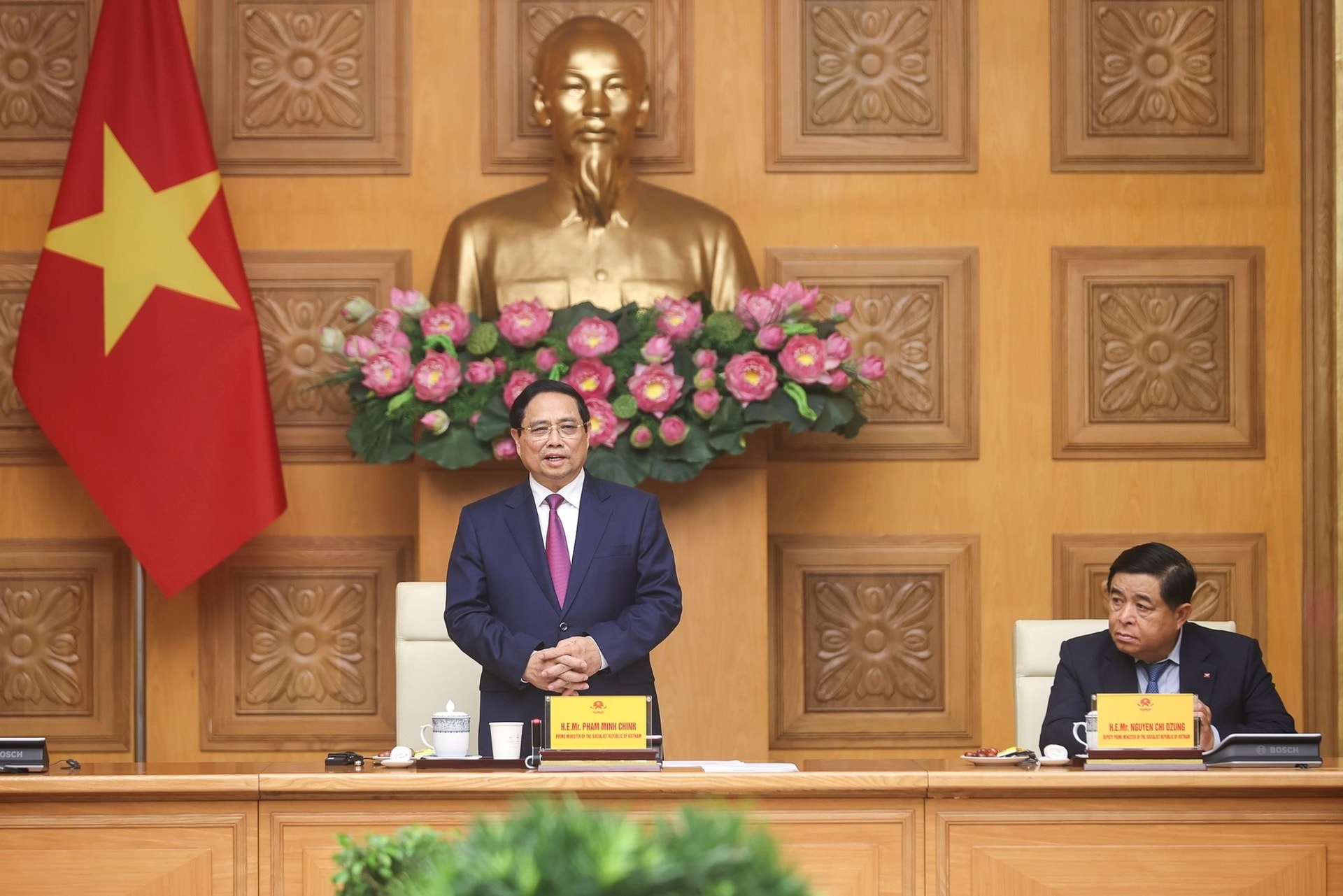
Prime Minister Pham Minh Chinh announced Vietnam’s ambition to establish its first semiconductor chip factory by 2026. Photo: VGP/Nhat Bac
On the evening of November 6th, at the Government Office, Prime Minister Pham Minh Chinh met with the leadership delegation of the Global Semiconductor Association (SEMI) and its member companies.
Founded in 1970, SEMI represents over 1.5 million businesses and professionals, with 3,000 member companies and 8 regional offices across North America, Europe, China, Japan, South Korea, Taiwan (China), and Southeast Asia.
The meeting took place as SEMI prepares for the SEMI Expo Vietnam 2025, expected to attract 5,000 delegates and 300 international companies, highlighting global interest in Vietnam’s semiconductor potential.
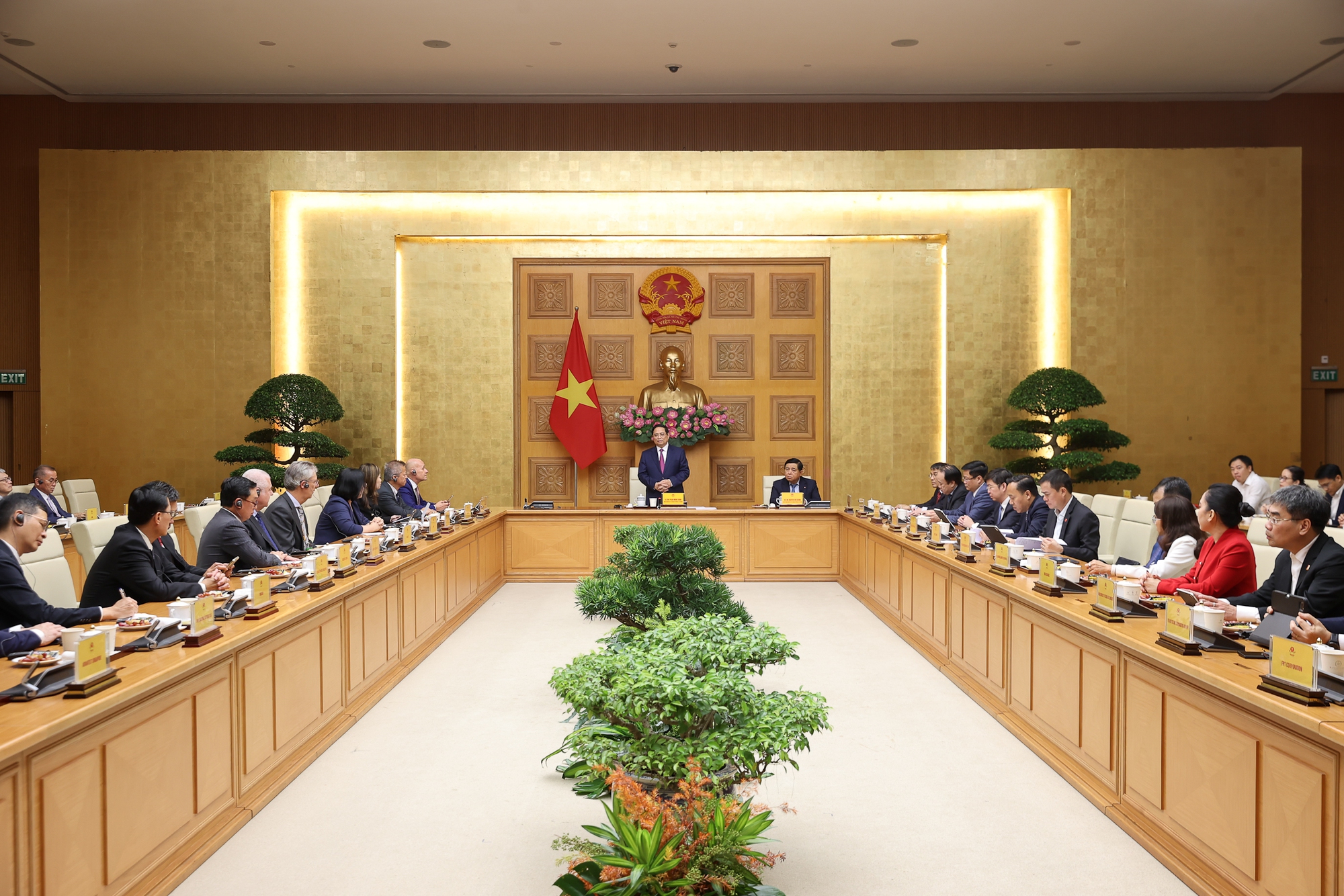
Photo: VGP/Nhat Bac
Prime Minister Chinh emphasized Vietnam’s strategic goal to become a high-income developed nation by 2045, driven by rapid and sustainable growth.
This vision is anchored in green, digital, and knowledge-based economies, with semiconductors identified as a key strategic industry.
Vietnam has launched the Semiconductor Industry Development Strategy to 2030, with a vision to 2050, along with a Human Resource Development Program for the sector. It has also identified 11 strategic technologies and products, including semiconductors.
Vietnam aims to launch its first chip manufacturing facility next year.
To achieve this, Vietnam seeks international support in finance, workforce training, technology transfer, and management expertise, alongside its domestic efforts.
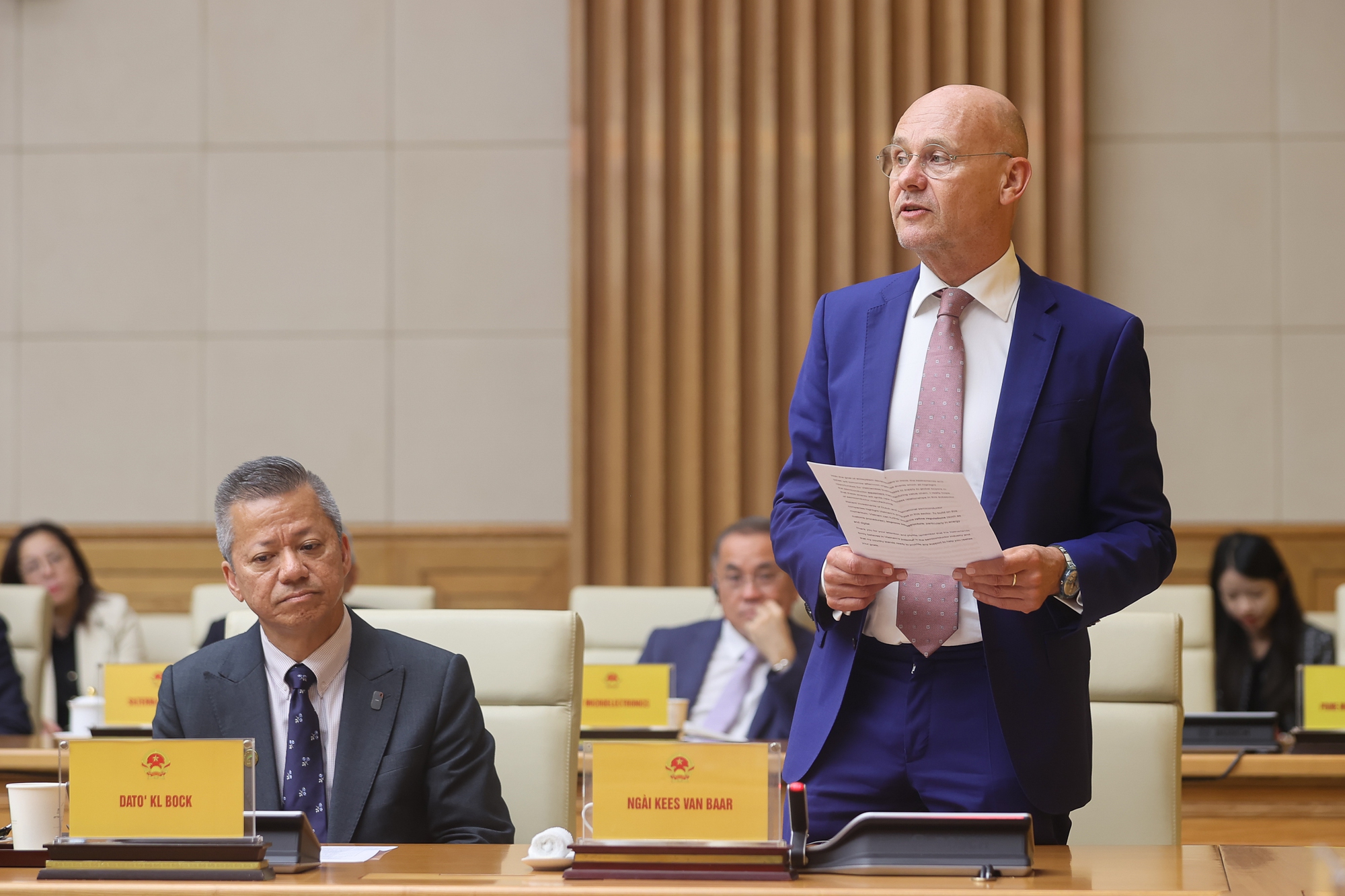
Dutch Ambassador to Vietnam Kees van Baar speaks at the meeting. Photo: VGP/Nhat Bac
International investors and experts praised Vietnam’s science and technology-driven strategy, particularly its commitment to semiconductors. However, they highlighted challenges Vietnam must address to transition from strategy to execution.
Recommendations included improving institutional frameworks, streamlining administrative procedures through a “one-stop-shop” approach, and enhancing English proficiency in the workplace.
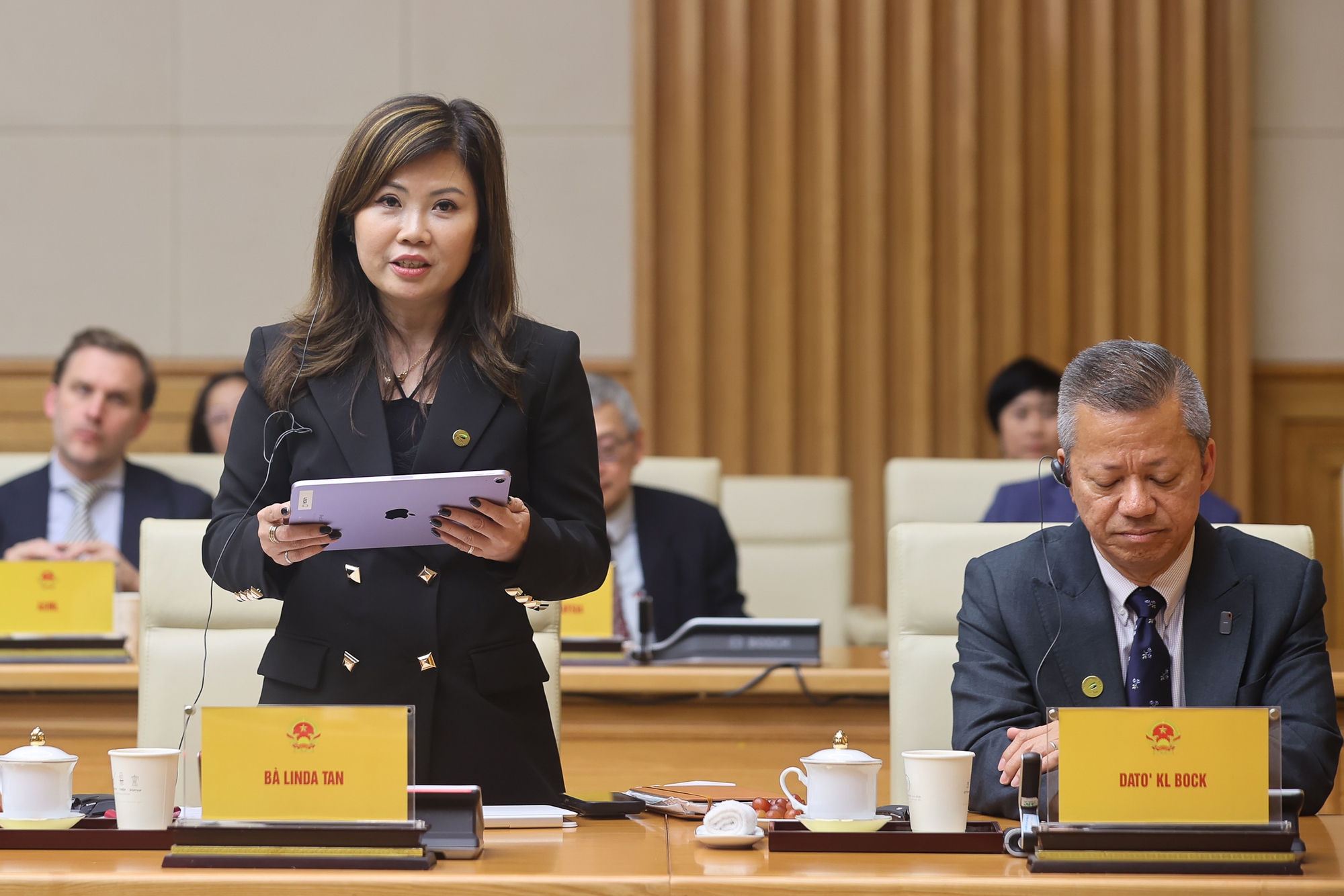
Linda Tan, Chair of the Southeast Asia Semiconductor Association, speaks at the meeting. Photo: VGP/Nhat Bac
Critical infrastructure, such as clean energy and information technology, was emphasized as essential. International firms urged Vietnam to develop all stages of the semiconductor value chain, from research and design to manufacturing, rather than focusing solely on testing and packaging. Establishing a Vietnam Semiconductor Association was proposed to bridge the gap between government, businesses, and research institutions.
Prime Minister Chinh pledged to refine institutional frameworks, turning bottlenecks into competitive advantages. The government will focus on integrated infrastructure development and administrative reforms, including a National One-Stop Investment Office.
He called on SEMI and its members to support Vietnam in building R&D centers, training high-quality talent, and integrating Vietnamese companies into the global semiconductor value chain.
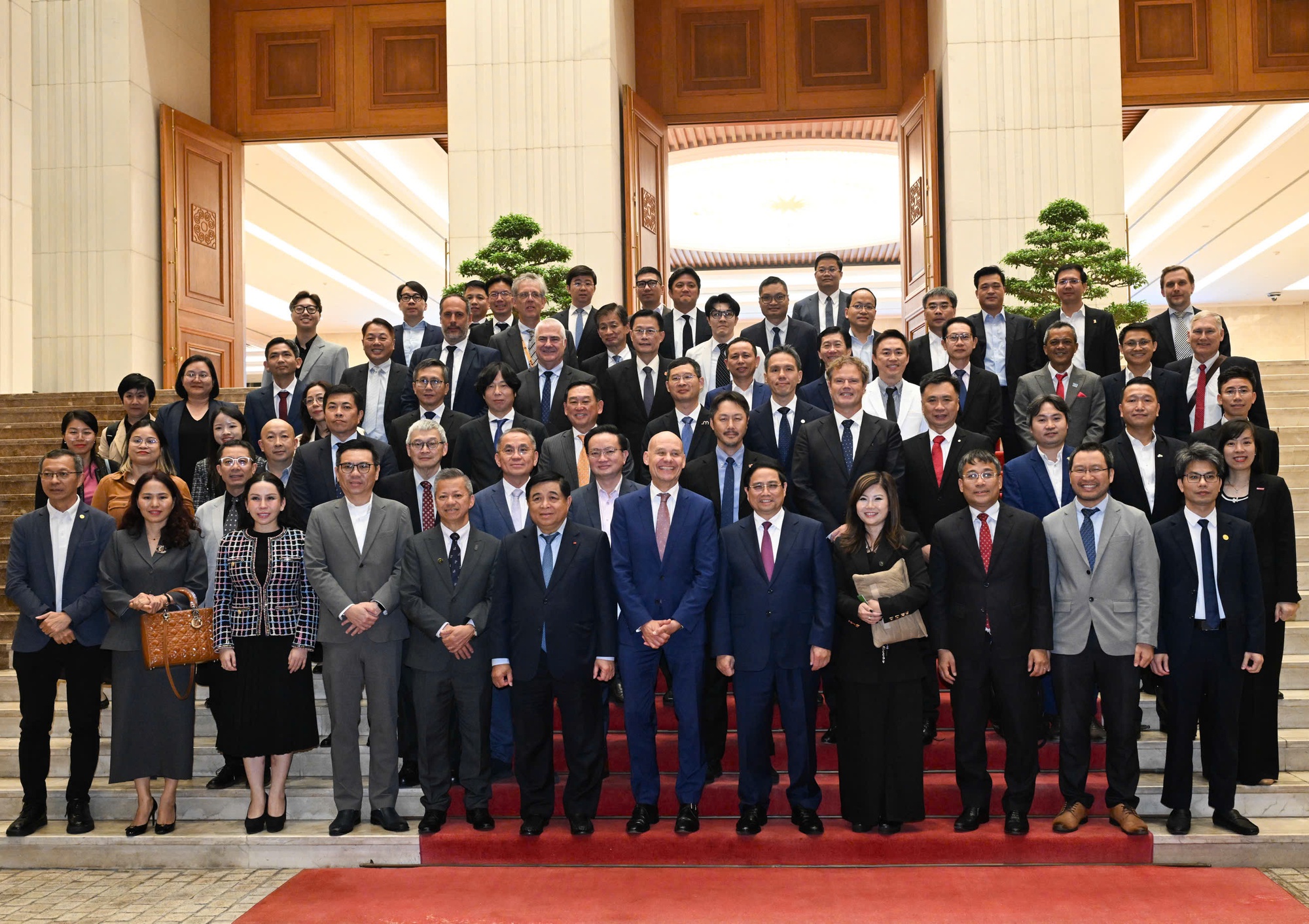
Prime Minister Chinh reaffirmed Vietnam’s commitment to creating a stable, enabling environment for effective investment. Photo: VGP/Nhat Bac
The Prime Minister reiterated Vietnam’s commitment to fostering a harmonious partnership, sharing risks and benefits, and ensuring mutual growth for sustainable and effective investment in Vietnam.
Unlocking Success: VinaCapital Expert Reveals 3 Core Factors for Vietnamese Startups to Triumph in IPOs
Vietnam’s stock market is entering a new phase of acceleration, fueled by FTSE Russell’s recent upgrade to “Secondary Emerging Market” status and liquidity levels that continue to lead the region. Amidst this wave of robust reform, the narrative of “going public – IPO” has emerged as a hot keyword among investors and Vietnam’s startup community.
Amata Proposes 3,800-Hectare Industrial Park Investment in Ho Chi Minh City
Amata Corporation (Thailand) is proposing to invest in a large-scale industrial, urban, and service complex spanning over 3,800 hectares in Ho Chi Minh City, with a minimum investment of $180 million.
SCIC’s 10-Month Profit Surges to Nearly VND 11,400 Billion: On Track to Become the Government’s Premier Investment Fund
SCIC is proactively advocating for the Ministry of Finance and the Government to issue a separate Decree, establishing a favorable legal framework for state capital investment and management in the upcoming period. This initiative also seeks to enable a transition to a Government Investment Fund (Sovereign Wealth Fund) operational model.






